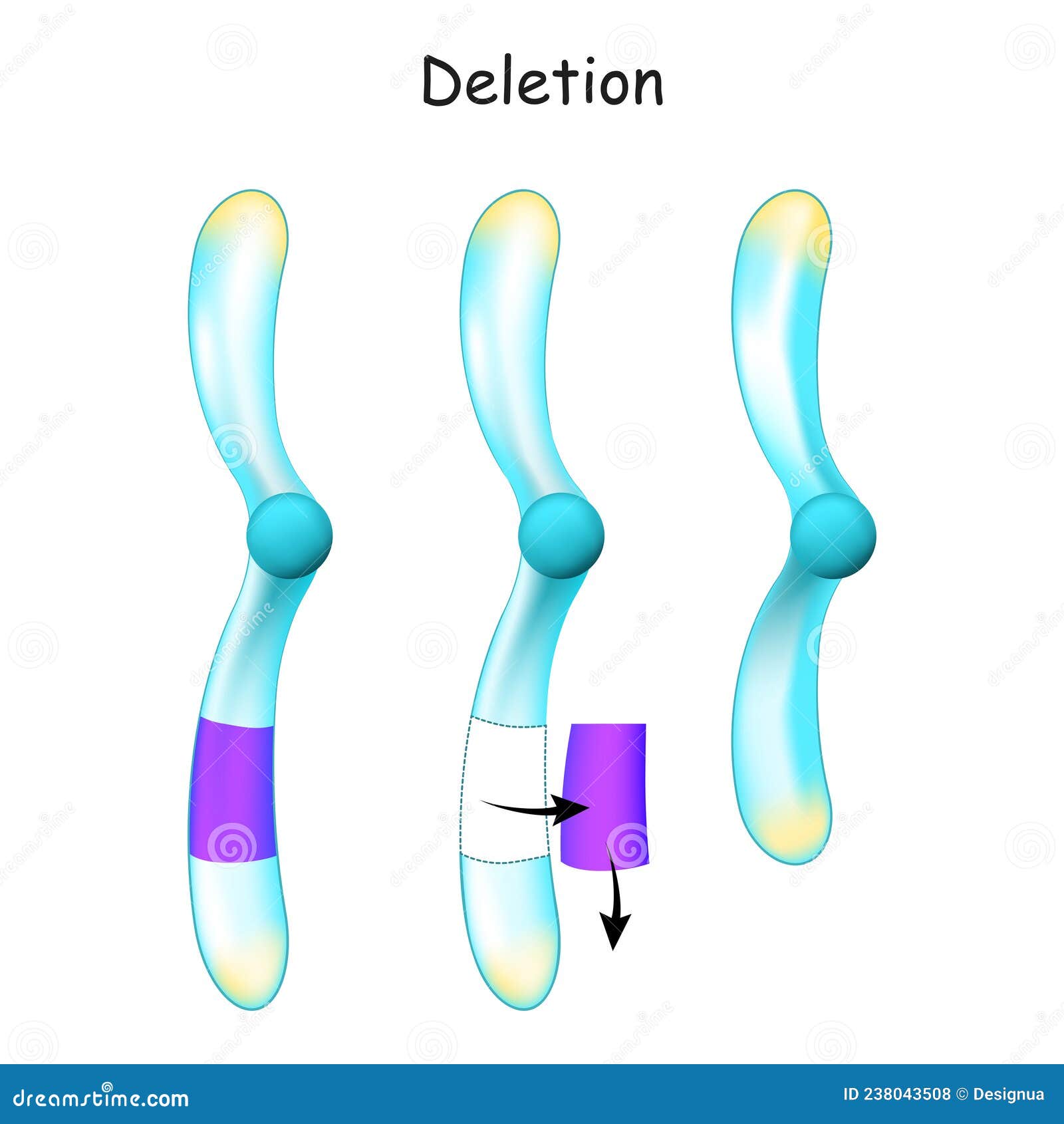8p chromosome deletion is a rare genetic condition that occurs when a portion of the short arm (p) of chromosome 8 is missing. This deletion can lead to a variety of developmental and physical challenges, making early diagnosis and intervention crucial for affected individuals and their families. Understanding the genetic, medical, and emotional aspects of this condition can empower caregivers and healthcare providers to offer the best possible support. The condition is often identified during infancy or early childhood, and its effects can vary widely depending on the size and location of the missing genetic material.
While 8p chromosome deletion is rare, it has significant implications for those diagnosed with it. Individuals may experience delays in developmental milestones, intellectual disabilities, and physical abnormalities. These challenges can vary greatly from person to person, underscoring the importance of personalized care plans tailored to the specific needs of the individual. Medical professionals, genetic counselors, and support groups play a vital role in helping families navigate the complexities of this condition.
Parents and caregivers of individuals with 8p chromosome deletion often seek answers to numerous questions about the condition. What causes this genetic anomaly, and how does it affect the body? What are the potential treatments and therapies available? By addressing these concerns, this article aims to provide a comprehensive overview of 8p chromosome deletion while offering practical advice and resources to those affected by it.
Read also:Spongebob Xbox Console The Ultimate Guide To Gaming Fun
Table of Contents
- What is 8p Chromosome Deletion?
- What Causes 8p Chromosome Deletion?
- Symptoms and Challenges of 8p Chromosome Deletion
- How is 8p Chromosome Deletion Diagnosed?
- Treatment and Management Options
- Can 8p Chromosome Deletion Be Prevented?
- Support for Families Affected by 8p Chromosome Deletion
- Research and Advancements in 8p Chromosome Deletion
- Commonly Asked Questions About 8p Chromosome Deletion
- Conclusion: Living with 8p Chromosome Deletion
What is 8p Chromosome Deletion?
8p chromosome deletion refers to the loss of genetic material from the short arm of chromosome 8. Chromosomes are structures within cells that contain DNA, the genetic blueprint for human development and function. When a portion of chromosome 8 is missing, it disrupts the normal functioning of genes located in that region, leading to a range of physical and developmental issues.
This condition is also known as 8p deletion syndrome or monosomy 8p. It is considered a rare genetic disorder, with only a few documented cases worldwide. The severity of symptoms depends on the size and specific location of the deletion, as well as the genes affected. Some individuals may experience mild symptoms, while others may face more severe challenges.
What Causes 8p Chromosome Deletion?
The exact cause of 8p chromosome deletion is not always clear, but it typically occurs as a random event during the formation of reproductive cells (eggs or sperm) or in early fetal development. In some cases, the deletion may be inherited from a parent who carries a balanced translocation, a rearrangement of genetic material that does not cause symptoms but can increase the risk of passing on a deletion to offspring.
Environmental factors and lifestyle choices do not appear to play a role in causing 8p chromosome deletion. However, understanding the genetic mechanisms behind the condition can help families make informed decisions about family planning and genetic counseling.
Symptoms and Challenges of 8p Chromosome Deletion
Individuals with 8p chromosome deletion often experience a wide range of symptoms, which can vary in severity. Common physical features may include distinctive facial characteristics, such as a broad nasal bridge, low-set ears, and a small head size. Developmental delays, intellectual disabilities, and speech impairments are also frequently observed.
Other potential challenges include heart defects, kidney abnormalities, and issues with muscle tone. Behavioral difficulties, such as autism spectrum disorder or attention deficit hyperactivity disorder (ADHD), may also occur. Early intervention through therapies like physical, occupational, and speech therapy can help address these challenges and improve quality of life.
Read also:Discover The Charm Of Living Spaces Friendswood A Guide To Your Ideal Lifestyle
How is 8p Chromosome Deletion Diagnosed?
Diagnosing 8p chromosome deletion typically involves a combination of clinical evaluations and genetic testing. A healthcare provider may suspect the condition based on physical features and developmental delays observed during routine check-ups. To confirm the diagnosis, a chromosomal microarray analysis or karyotyping is performed to identify the specific genetic abnormality.
Genetic testing can also help determine whether the deletion occurred spontaneously or was inherited, providing valuable information for family planning. Early diagnosis allows families to access appropriate medical care and support services, improving outcomes for the individual.
Treatment and Management Options
While there is no cure for 8p chromosome deletion, various treatments and therapies can help manage symptoms and improve quality of life. A multidisciplinary approach involving pediatricians, geneticists, therapists, and educators is often recommended. Treatment plans are tailored to the individual's specific needs and may include:
- Physical therapy to address muscle tone and coordination issues.
- Speech therapy to improve communication skills.
- Occupational therapy to enhance daily living skills.
- Behavioral therapy to address emotional and social challenges.
Medications may also be prescribed to manage associated conditions, such as seizures or heart defects. Regular follow-ups with healthcare providers ensure that any emerging issues are promptly addressed.
Can 8p Chromosome Deletion Be Prevented?
Since 8p chromosome deletion usually occurs as a random event, it cannot be prevented in most cases. However, genetic counseling can help families understand their risk of having a child with the condition, especially if one parent carries a balanced translocation. Preconception testing and prenatal screening may provide additional insights for families planning to expand.
Education and awareness about 8p chromosome deletion can also empower families to seek early diagnosis and intervention, improving long-term outcomes for affected individuals.
Support for Families Affected by 8p Chromosome Deletion
Families navigating the challenges of 8p chromosome deletion often benefit from connecting with support groups and advocacy organizations. These resources offer emotional support, practical advice, and opportunities to connect with others facing similar experiences. Online forums, local support groups, and national organizations can provide valuable information and a sense of community.
Parents and caregivers are encouraged to prioritize self-care and seek professional counseling if needed. Building a strong support network can help families cope with the emotional and financial burdens associated with the condition.
Research and Advancements in 8p Chromosome Deletion
Ongoing research into 8p chromosome deletion aims to better understand the genetic mechanisms underlying the condition and identify potential treatments. Advances in genetic testing and therapies offer hope for improved outcomes in the future. Families are encouraged to participate in clinical trials and research studies to contribute to scientific knowledge and innovation.
Collaboration between researchers, healthcare providers, and advocacy groups is essential for advancing understanding and care for individuals with 8p chromosome deletion.
Commonly Asked Questions About 8p Chromosome Deletion
Is 8p Chromosome Deletion Inherited?
In most cases, 8p chromosome deletion occurs as a random event and is not inherited. However, if a parent carries a balanced translocation, there may be an increased risk of passing on the deletion to their children.
What Are the Long-Term Outcomes for Individuals with 8p Chromosome Deletion?
Long-term outcomes vary depending on the severity of symptoms and the availability of early intervention services. With appropriate support, many individuals with 8p chromosome deletion can lead fulfilling lives.
Can 8p Chromosome Deletion Be Detected During Pregnancy?
Yes, prenatal testing such as amniocentesis or chorionic villus sampling (CVS) can detect 8p chromosome deletion during pregnancy. These tests are typically recommended if there is a known family history or if abnormalities are detected during routine screenings.
Conclusion: Living with 8p Chromosome Deletion
Living with 8p chromosome deletion presents unique challenges, but with the right support and resources, individuals and families can thrive. Early diagnosis, personalized care, and access to therapies and interventions are key to improving outcomes. By raising awareness and fostering a supportive community, we can ensure that those affected by 8p chromosome deletion receive the care and understanding they deserve.


